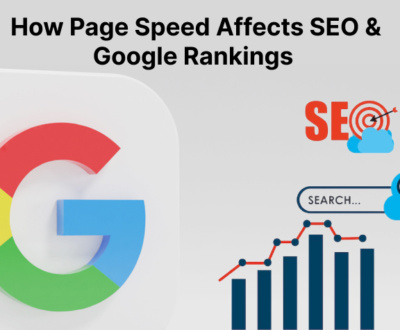Difference between a Cloud Hosting plan and a Virtual Private Server (VPS)
- October 6, 2023
- Web Hosting

So what exactly is the difference between a Cloud Hosting plan and a Virtual Private Server (VPS)?
It’s a bit tricky because the term “cloud” has been widely over-used, misused, and abused by many… However, all serious web-hosting providers will consider the difference like this:
VPS Hosting
A VPS is a virtual machine running on a single dedicated server. That server is shared between a number of VPS virtual machines. It means that a part of the CPU time, a part of the RAM, and a part of the disk space are allocated to your VPS. If the server is shut down, all the VPS virtual machines on that server go offline.
Cloud Hosting
With Cloud Hosting, you also have a virtual machine, but it is NOT hosted on a specific single dedicated server. On the contrary, your virtual machine can be spun up on any dedicated server of the hosting company’s infrastructure, depending on availability. In case a server goes down, all the virtual machines if are running can be spun up again very quickly on a different server.
One particularity of this is that if you need several identical servers with load-balancing in order to handle traffic surges, Cloud hosting can quickly (almost instantly) spin up extra instances of your servers, as many as you need and as long as you need, then spin them down again when they are no longer used. You often get billed by the hour for each running instance.
How do they compare?
Technically, a VPS infrastructure is simpler and easier to set up than a Cloud infrastructure. Therefore VPS hosting will typically be cheaper than Cloud hosting.
However, with VPS hosting you may run into limits that will make you prefer Cloud hosting:
- With VPS you can grow the specs of your virtual machine, as long as there is space on your server (depending on other clients). After this, tech support will need to move your virtual machine to another server with more available resources. This may take days or weeks. Sometimes it’s not possible at all. With Cloud, the same operation will only take minutes or maybe even seconds because the infrastructure is built for automatically moving VMs from server to server.
- With VPS, if there is a hardware issue with your server, you get downtime while the server gets serviced. With Cloud, if there is a hardware issue, you get moved to another server and you barely notice the downtime.
- Cloud allows you to scale up and down the number of virtual machines you may be running simultaneously. VPS is a reserved slot on a server, with no easy up and down scaling.
Conclusion
- VPS is best suited for small sites that need flexibility (root access) but need to contain their hosting costs.
- Cloud is best suited for sites that need load balancing and frequent up/down scaling depending on traffic surges.
Contact Blaster Web Services for your Web Needs!
About us and this blog
We are a digital marketing company with a focus on helping our customers achieve great results across several key areas.
Request a free quote
We offer professional SEO services that help websites increase their organic search score drastically in order to compete for the highest rankings even when it comes to highly competitive keywords.
Subscribe to our newsletter!
More from our blog
See all postsRecent Posts
- Website As A Source Of Marketing April 22, 2024
- Ready to elevate your online presence? April 17, 2024
- How a Digital Marketing Agency Drives Business Growth? April 16, 2024








